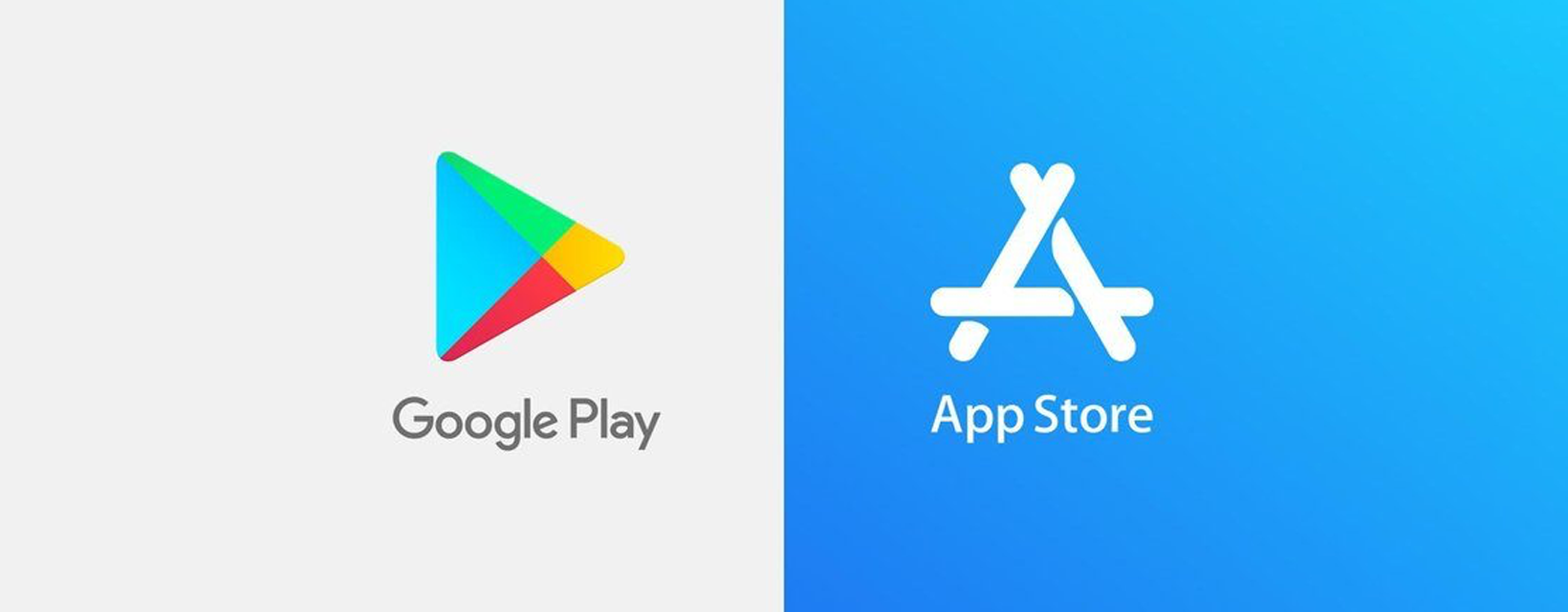Talk of Big Tech regulation has been a consistent theme over the past three years, and we heard more of it this week. A group of US senators introduced legislation (Open App Markets Act) that would require broad changes to how Apple and Google operate their app stores. For example, the proposed changes would allow third-party app stores within the App Store and Google Play store, and would allow app developers to explicitly advertise within apps that consumers can subscribe and make purchases outside of the App Store or Google Play store, thereby avoiding the 30% take rate on in-app purchases (aka an anti-steering clause).
The proposed bill, which caught our attention because it was created by a group of bipartisan lawmakers, would have to be approved in the Senate and House before becoming law.
On first glance, the legislation appears negative for Big Tech investors, given it’s yet another risk factor they have to navigate. Somewhat ironically, however, investors should actually crave regulation rumblings, given it’s the clearest indication that a company holds a dominant market position and has become critical to our daily lives. The winning formula for investors: find a company that is indispensable to consumers, with a roadmap of innovation, and future value will be created.
Although we view this outcome as unlikely, there’s risk that saber rattling from lawmakers turns into concrete regulation. Even in this scenario, the end result of regulation is not automatically negative for Big Tech, given unintended consequences often occur when incentives change. For example, even if Apple were forced to reduce its take rate from 30% to 10% (which we see as unlikely), the company could ultimately make more money if the reduction in fees spurs greater growth in the app development ecosystem. In other words, Apple takes a smaller cut of a much bigger pie.
The case for regulation
From a high level, regulators think Apple and Google have monopolistic power in the distribution of mobile apps, and that they’ve leveraged this power in an anti-competitive way – in particular, the 30% take rate they charge for in-app purchases. Regulators believe that allowing third-party app stores and alternative app payment systems would inject more competition into the app ecosystem, ultimately resulting in more innovation from app publishers and lower prices for consumers.
The case against regulation
Allowing app publishers, such as Epic, to sell their products directly to consumers would be akin to allowing Nabisco to sell Oreos directly to consumers within Walmart or Target. Apple and Google created their mobile app stores and are responsible for maintaining them, therefore, they should have control over how things are curated and distributed within the stores. In the end, we believe Apple and Google have the stronger case in this legal question.
Additionally, in maintaining control over app distribution, Apple, for example, is able to provide a secure and private user experience, something consumers value. This commitment to security and privacy since the App Store’s inception has given iPhone users confidence that what they are downloading is safe from malware and fraud, and has allowed the App Store to rapidly grow from 500 apps at its inception to more than 2m today. Opening iPhone to third-party app stores will weaken security and privacy, thereby harming consumers.
Our take
We believe the reason regulation hasn’t materialized to date is because it touches on uncharted legal territory. Specifically, how should markets be defined in a digital era? Is a market defined as dollar or unit market share? Do you simply look at the mobile phone market or do you look at all app store markets, including Amazon, Microsoft, PlayStation and Epic? Once the market is defined, what constitutes a monopoly in said market?
In the end, correctly defining monopoly power and its abuse, especially in a digital economy with no physical barriers, is complex. A point of evidence of this is the fact that the presiding judge in the Epic v. Apple case has taken months longer than expected to reach a ruling. For these reasons, we view the likelihood of radical regulation as low. That said, if regulation does materialize, we believe the most likely outcome is that Apple and Google will be forced to remove their anti-steering clauses, thereby allowing publishers to advertise payment options outside of the default in-app payment systems. We believe this would have limited impact on consumer app store engagement given the easiest way to manage app spending will be to remain inside the respective walled gardens.
